Understanding perceptions
Advancing awareness
The Center for South Asian and Middle Eastern Studies (CSAMES) was founded to sponsor, highlight, and encourage events that further our academic community's awareness of and knowledge about the societies of South Asia and the Middle East. CSAMES is engaged in activities to foster knowledge and debate on those areas on campus as well as among community institutions such as schools, libraries, and service organizations.
Calendar
CSAMES News
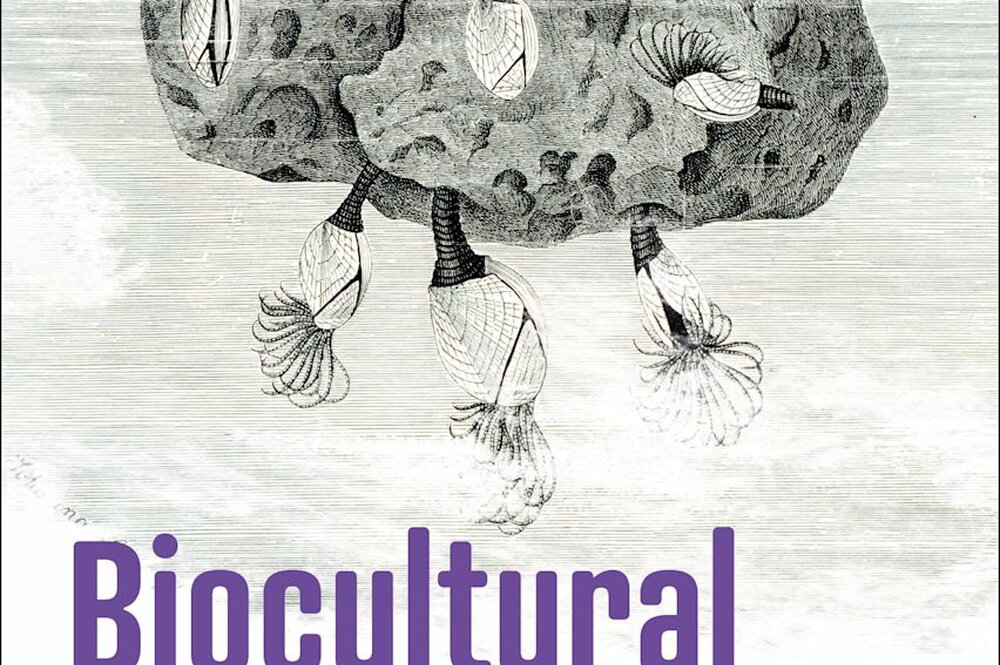

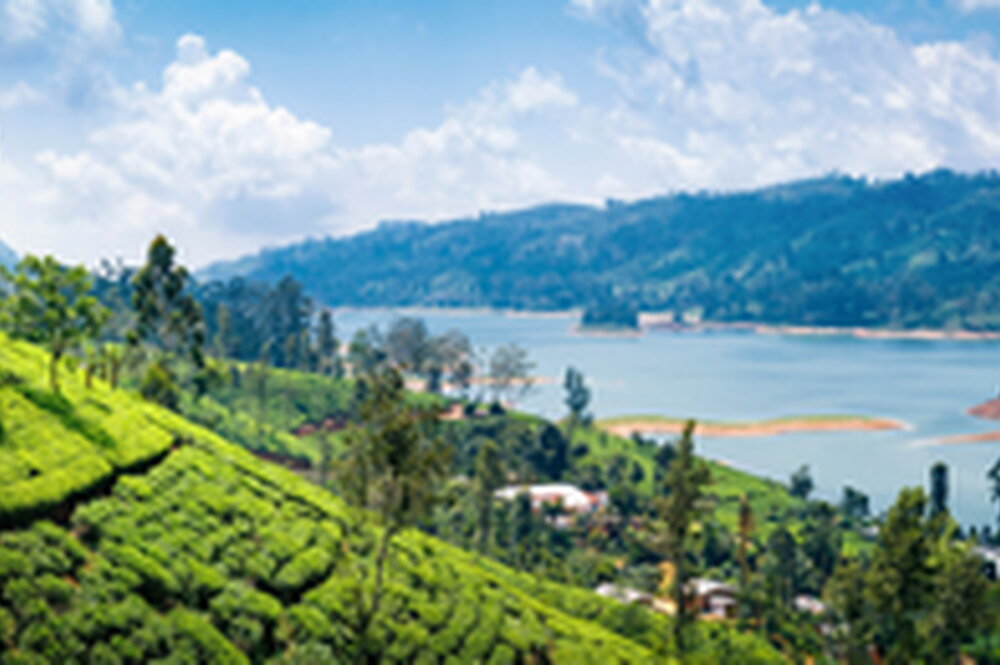
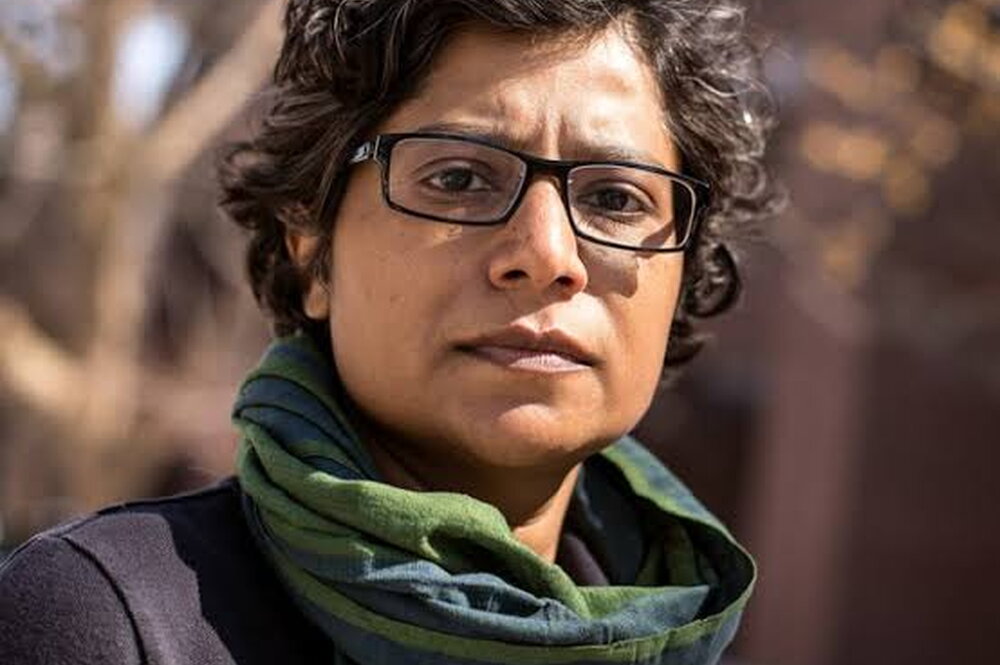
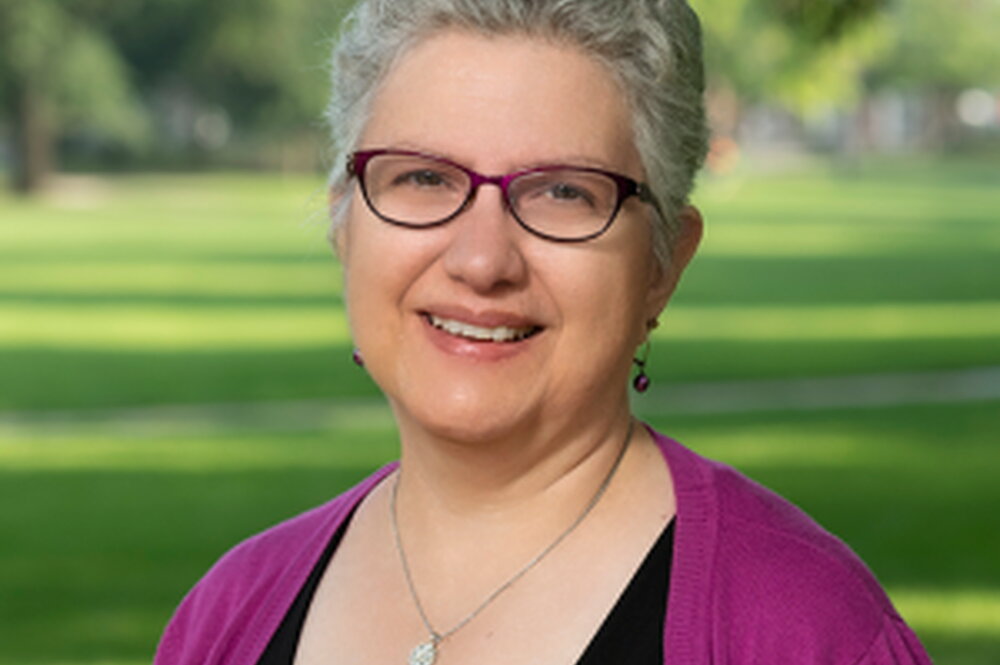
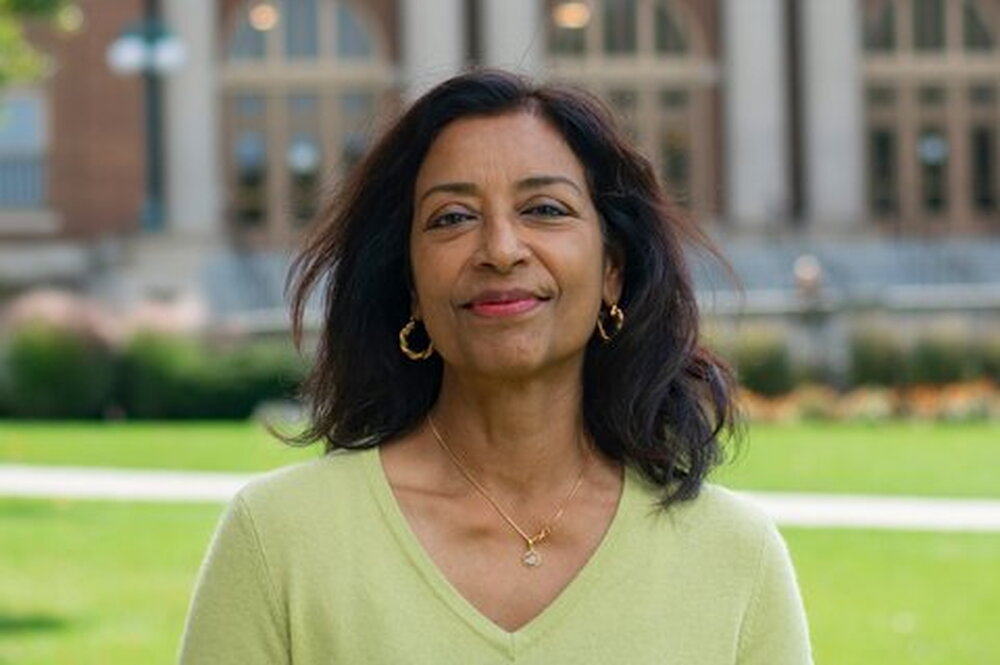

Alumni Spotlight: Rashelle Roos
After completing her MFA in Sculpture/Painting at UIUC in 2007, Rashelle wanted to continue her studies with a focus on Middle Eastern cultures. She is interested in both traditional and contemporary artwork from the region. Rashelle enjoyed participating in an Artists' Residency in Kapadokya, Turkey, and teaching art classes in Istanbul, Turkey, in 2007. She finds artwork to be a great tool for initiating cross-cultural exchange. Rashelle worked as a graduate assistant for CSAMES in summer 2008. Rashelle completed her MA in Asian Studies with a Middle Eastern concentration in December 2008....
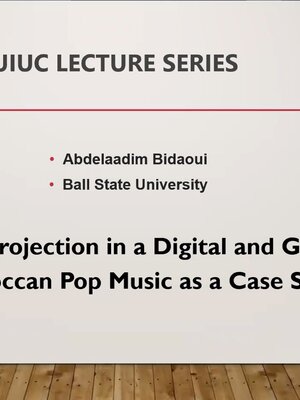
Recent Lecture: Identity Projection in a Digital and Global World: Moroccan Pop Music as a Case Study
Identity has been studied in light of many theoretical frameworks such as “Accommodation Theory” (Coupland 1984; Giles and Coupland 1991), “Audience Design” (Bell 1984), “Acts of Identity” (Le Page and Tabouret-Keller 1985), and “Language and Identity” Bucholtz and Hall (2004, 2005) among other theories. Building on two theoretical models, “Acts of Identity” and “Language Identity”, this research examines identity projection based on data collected from 30 Moroccan Pop songs. While Le Page and Tabouret-Keller (1985) consider the colonial past a driving force leading to linguistic...